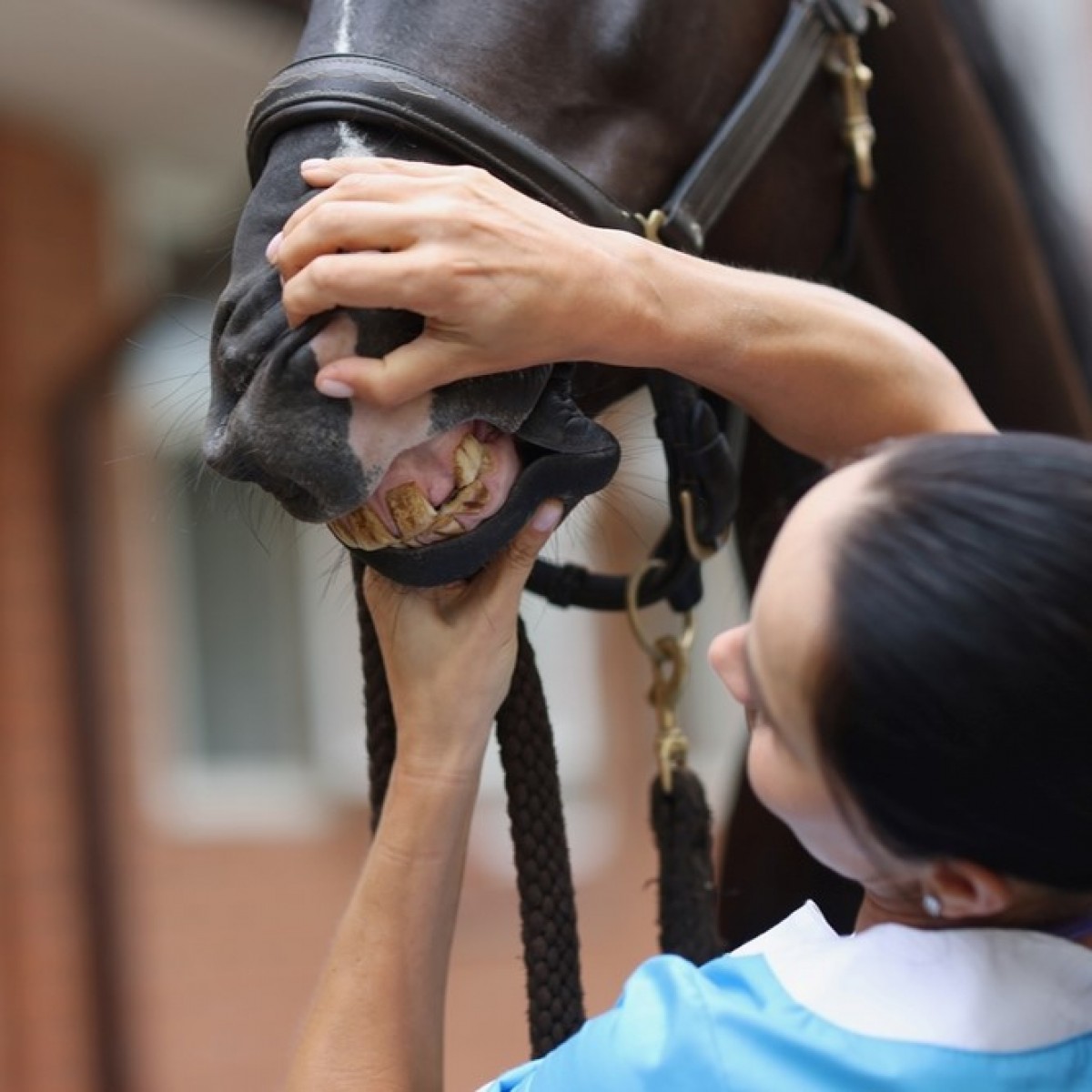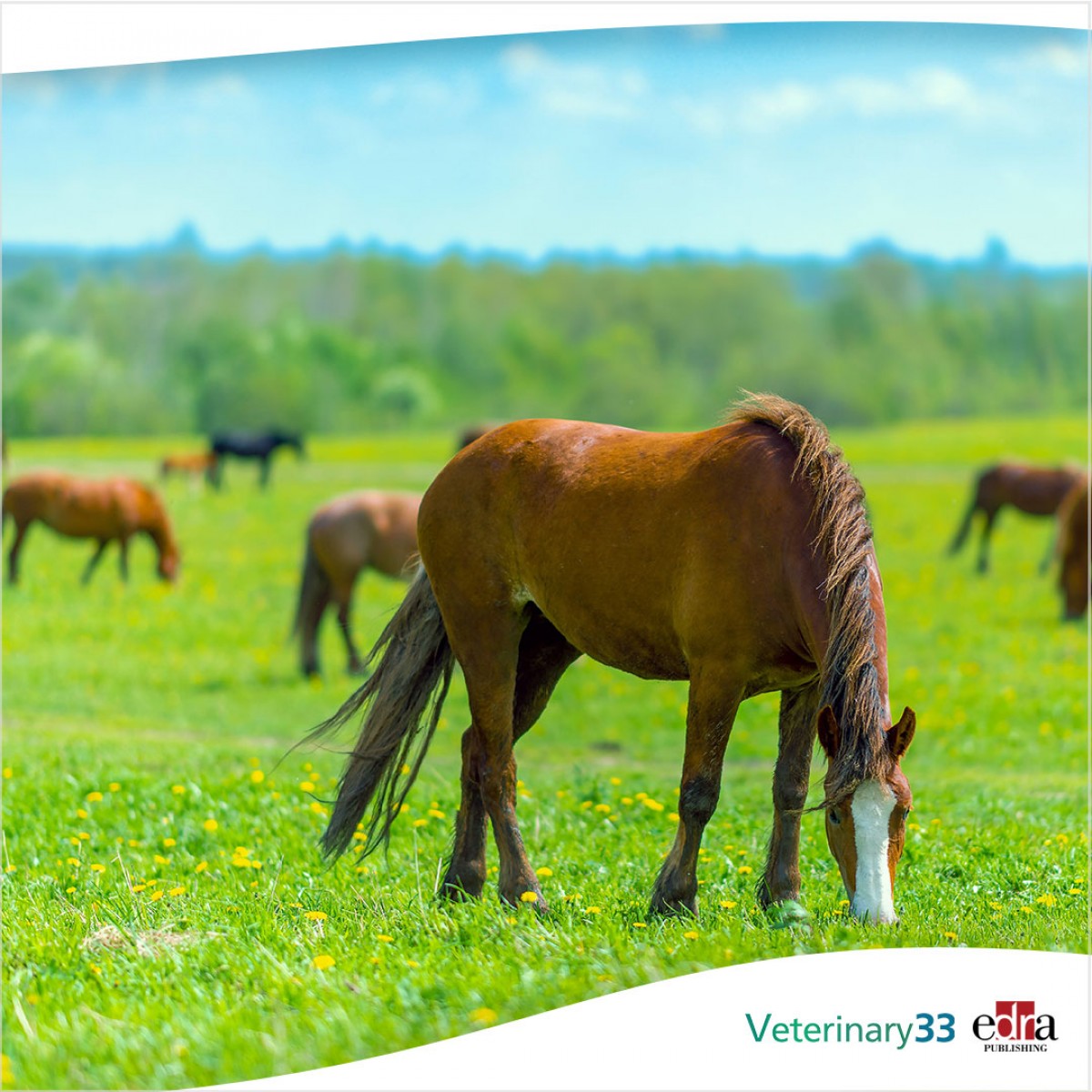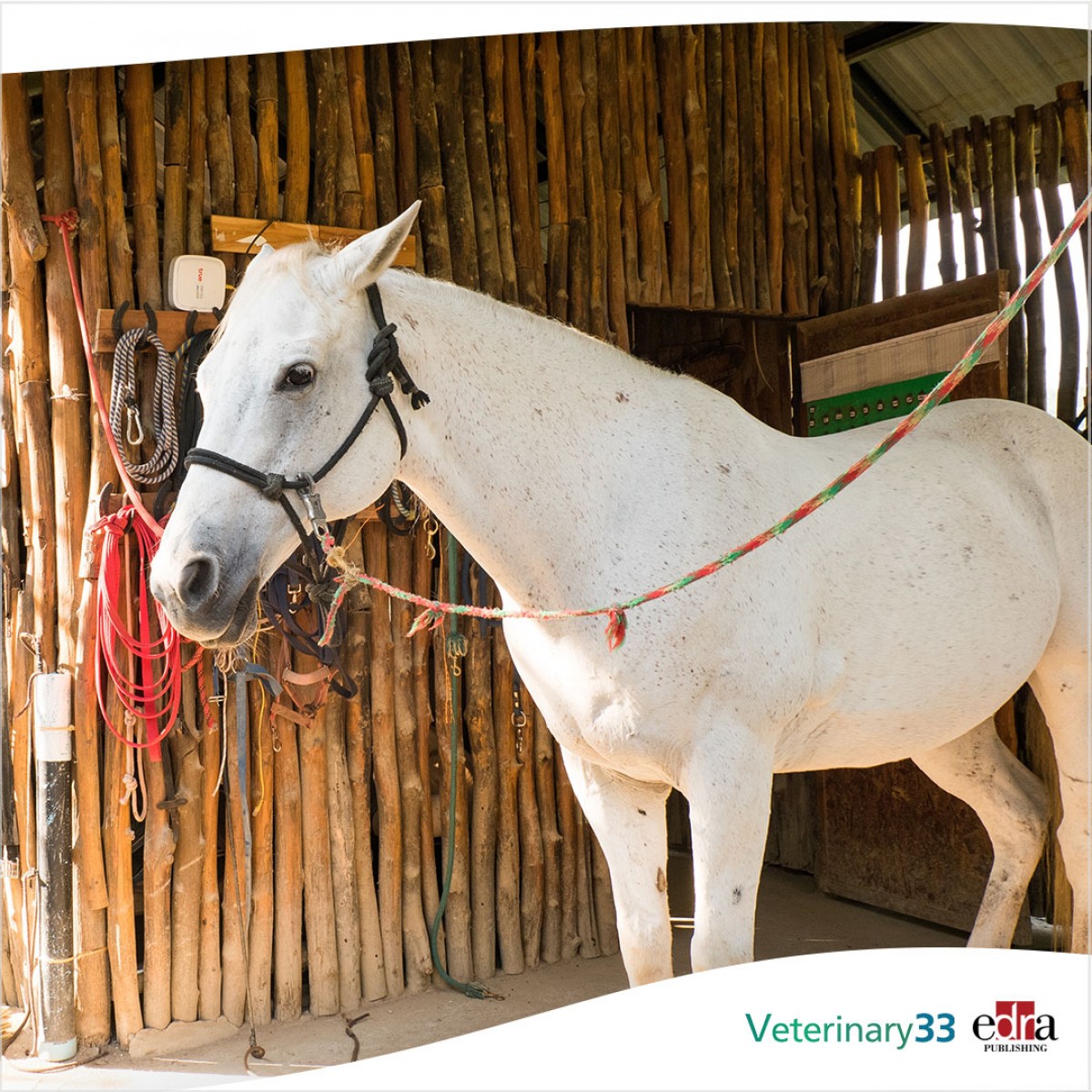Lymphomatosis as a cause of abdominal pain and distension in horses
Abdominal pain is a common clinical presentation for gastrointestinal disease in equine emergency practice. Various risk factors have been investigated in horses that could contribute to abdominal pain including age, gender, breed, diet, internal parasite load, dentition, and weather.
The most common causes diagnosed include spasmodic colic, large colon impaction, and large colon displacement. Due to similarities in patient history and clinical signs, diagnostic tests are needed to distinguish between various causes to direct therapy. Intestinal neoplasia, although rare in horses, can cause abdominal pain and is often a diagnostic challenge to differentiate from non-neoplastic causes.
In this article, the authors describe two equine patients that presented separately with severe abdominal distention, colic, lethargy and decreased appetite. An ante-mortem diagnosis of lymphoma was reached in each case based on peritoneal fluid cytology. Due to a poor prognosis, the horses were humanely euthanized.
Post-mortem examination with histology and immunohistochemistry confirmed both cases as lymphoma: alimentary B-cell lymphoma of the distal jejunum and cecum in one case, and T-cell lymphoma of the cecum in the second case. Both cases exhibited extensive metastasis with peritoneal and pleural serosae covered in small nodules and plaque like masses consistent with lymphomatosis.
The authors concluded that these cases document a unique presentation of lymphoma in equine patients presenting as peritoneal lymphomatosis with ascites.
Laura R Perry, et al. “Lymphomatosis as a Cause of Abdominal Pain and Distension in Two Adult Horses.” J Equine Vet Sci. 2023 Available online 9 December 2022; 120:104193. doi: 10.1016/j.jevs.2022.104193.














List
Add
Please enter a comment